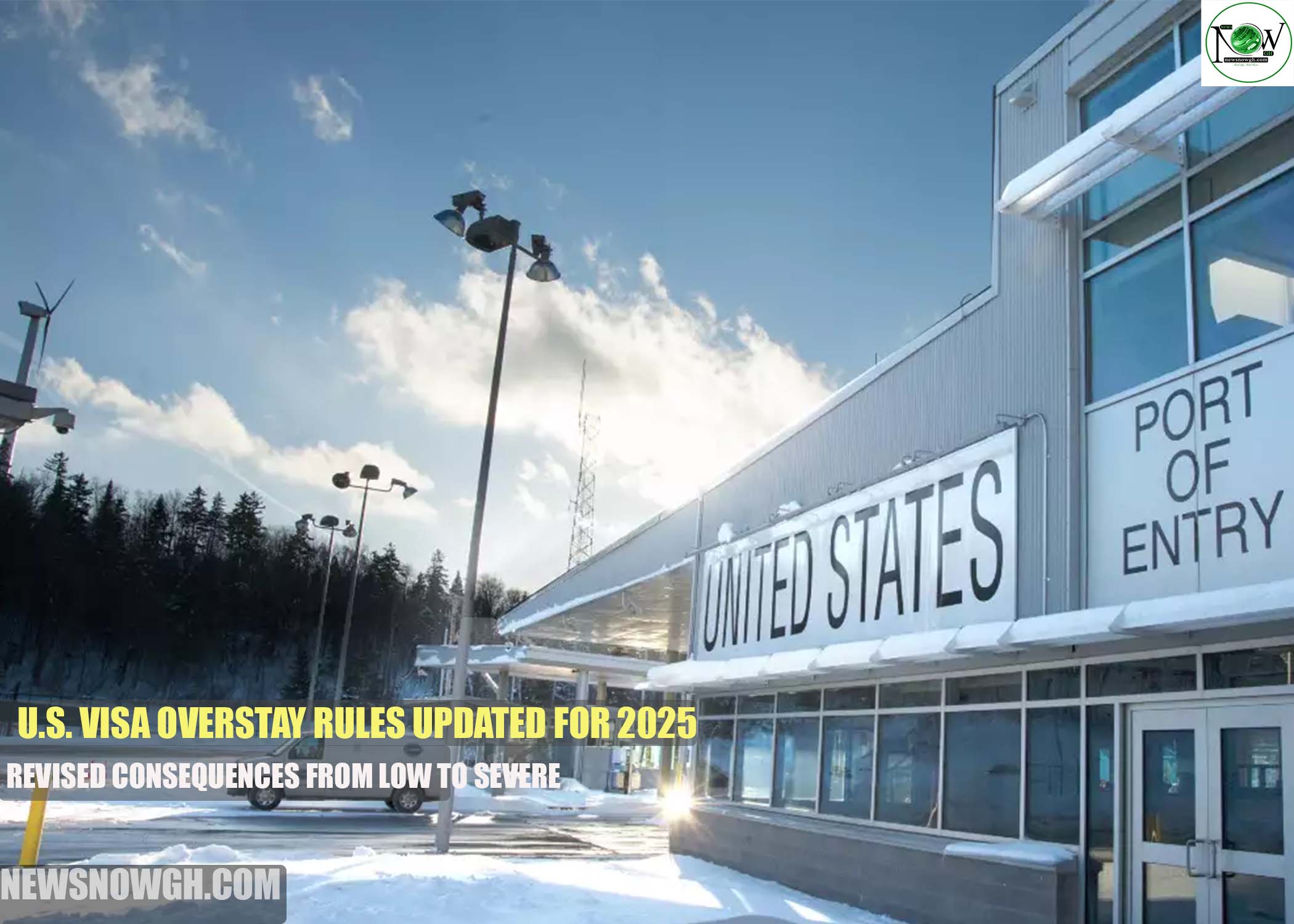U.S. Visa Overstay Rules Updated for 2025: Revised Consequences from Low to Severe
Starting in 2025, overstaying your visa in the United States carries serious risks. The current political climate has transformed what was once a technical violation into a significant legal issue. The consequences for overstaying now range from fines to imprisonment, making it crucial for travelers to understand these new rules.
Mild Consequences: Automatic Visa Cancellation
Even one day over your visa expiration date can lead to automatic cancellation. This rule applies regardless of whether you are in the middle of a new application. If you try to renew your visa or adjust your status, you will be instantly disqualified. To apply for a U.S. visa again, you may have to return to your home country. In some cases, you might even find yourself blacklisted.
Moderate Consequences: Facing the Reentry Ban
If you overstay your visa for more than 180 days but less than a year, you will face a three-year reentry ban upon leaving the U.S. However, if you exceed one year, you will be hit with a ten-year ban. This means a decade without a tourist visa, student visa, or job transfer—an extensive period of separation from the U.S.
Severe Consequences: Imprisonment and Deportation
The Visa Overstay Enforcement Act has introduced harsh penalties for those who overstay their visas. First-time offenders may receive up to six months in prison, hefty fines, and a five-year ban from reentering the U.S. Repeat offenders face even harsher consequences, including up to two years in federal prison and a permanent ban on reentry.
Increased Deportation Tactics in 2025
This year has seen a rise in targeted deportations. Individuals overstaying, even by a few weeks, are now prime targets for removal. This is especially true for those flagged by employers or encountered during routine law enforcement checks. Notably, activists and students are also at risk. In one case, a university student was deported within ten days after his student visa was retroactively canceled.
Canceled Programs: A Loss of Safety Nets
The Trump administration’s immigration reforms have eliminated humanitarian parole programs for nationals from several countries. This change leaves over 500,000 migrants vulnerable to detention and deportation.
Essential Actions for Visa Holders
- Monitor Your Visa Expiry Date: Track it closely. Even a 24-hour overstay can lead to penalties. Set alerts to stay informed.
- Apply for Extensions Early: Don’t wait until the last moment. The U.S. immigration system is overwhelmed, and delays can jeopardize your status.
- Avoid Misleading Agents: Be cautious of agents promising quick fixes. In 2025, shortcuts are likely to lead to deportation.
- Seek Legal Advice: If your visa is nearing expiration, consult a certified immigration attorney. They can help identify possible paths forward.
Legal Ways to Extend Your Stay
Emergencies or unforeseen circumstances sometimes require you to stay longer in the U.S. If you need to extend your visa, you can do so legally. Apply for a visa extension or change of status through USCIS before your current visa expires. This is the safest way to avoid penalties. You must provide:
- A valid reason for your extension, such as medical treatment or academic obligations.
- Proof of financial support during your extended stay.
- Assurance that you have no prior immigration violations.
Remember to apply at least 45 days before your visa expires. Once your request is submitted, you can remain in the U.S. lawfully while it is processed, even if your original visa has expired.
Follow NewsNowGh to stay updated on the latest information regarding work permits, visas, and visa-sponsored employment.


